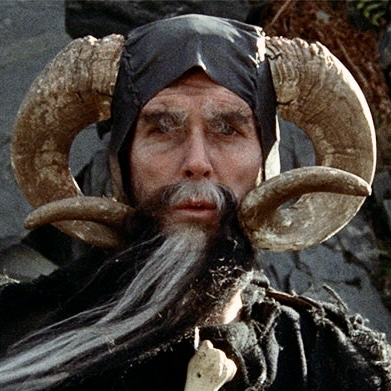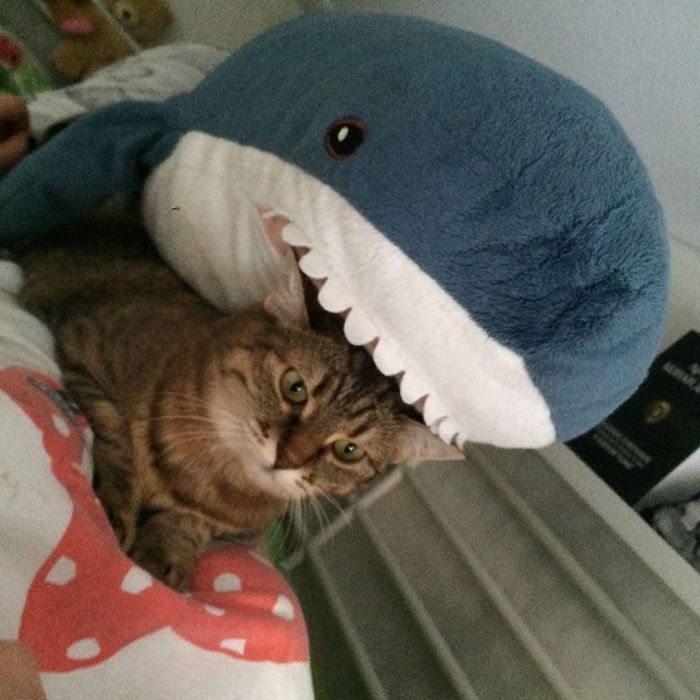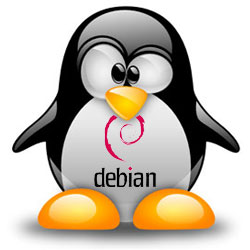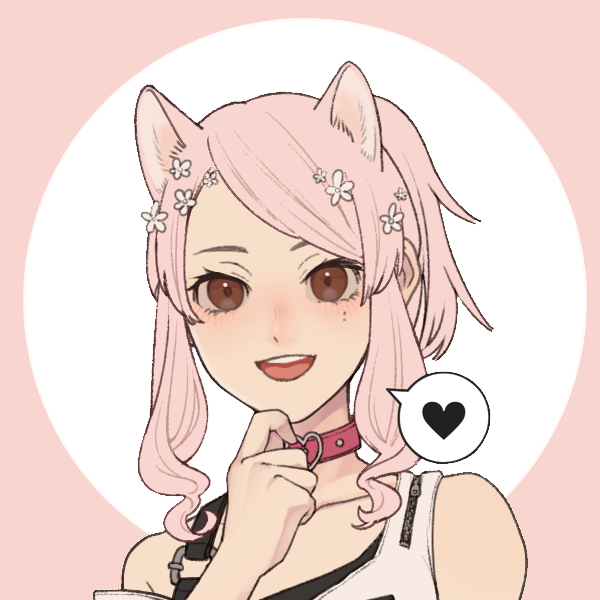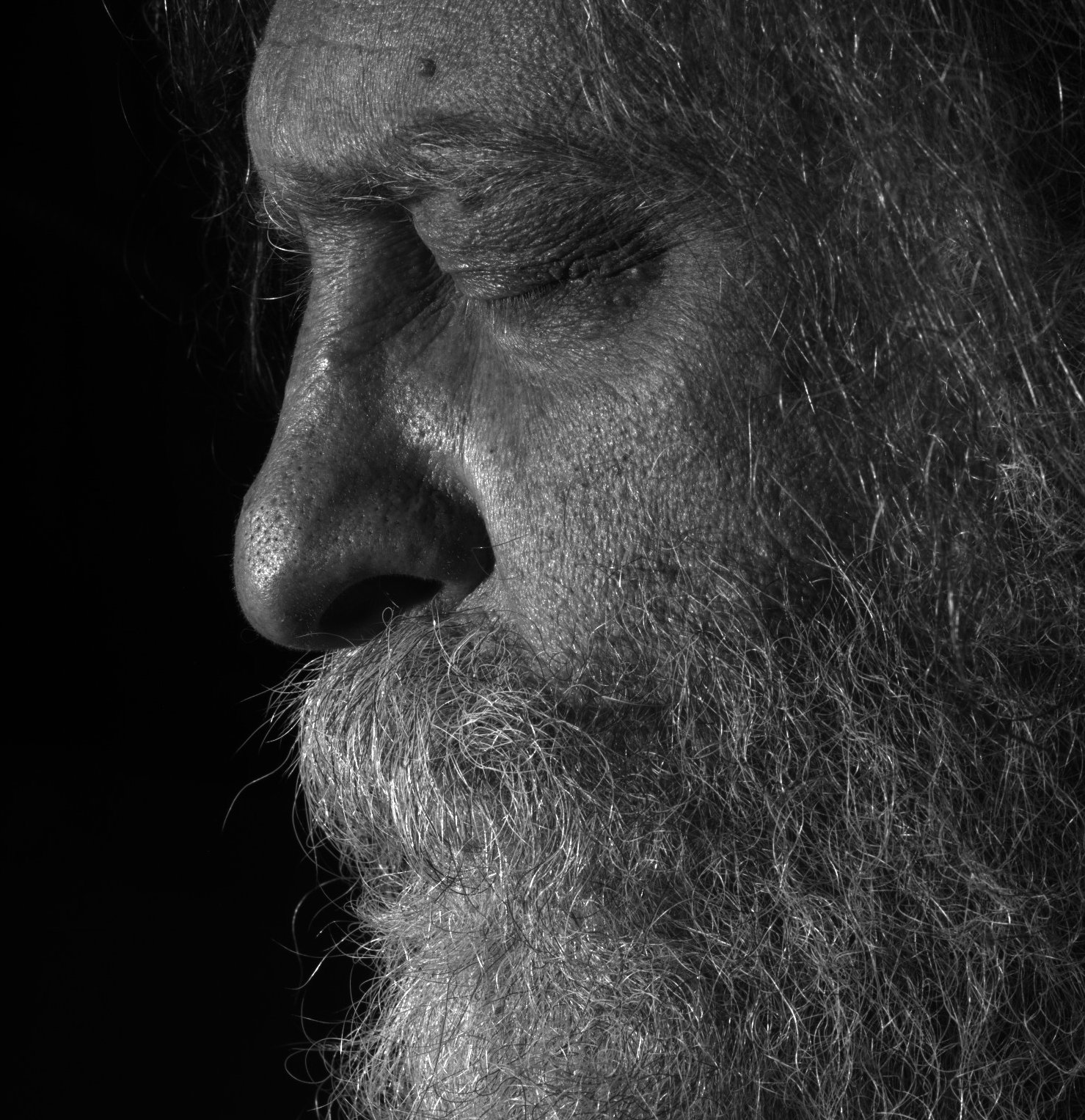When you’re getting books do you prefer to get new ones or secondhand ones?
I really enjoy the “hunt” for used editions of books that I want, and browsing through stacks in used bookstores is fun and neat way to discover books that I might not ever run across otherwise! But I’m kind of picky about the condition of books I buy, so sometimes I just go the easy route and pick up a new copy. Or if it’s a book I don’t want to wait to read I’ll snag a new one!
Used books because of the affordability, and the fact that an old book gets a new home. But also new books due to the new book smell
Definitely used books, both because they’re cheaper and because I feel like they have more character. Some of my books have notes or indications in them of who their previous owners were.
Used book stores are great, and I’ve used Thrift Books online many a times. The problem is that I have a lot of physical books and the wife wants me to scale down. As a result, I had to switch to a Kindle so that I can have more books without cluttering up our space more.
With Thrift Books, I’ve found their ‘book condition’ references to be much better than what you’d expect. For instance, I’ve received books that were labeled as “good” and found them to be in much better condition.
YMMV, but I’ve found them to be a good option.
Conversely, since I’ve had my Kindle, I’ve found a lot of free books through Gutenberg.org.
Nowadays, I have to stay away from physical bookstores or else I’ll pick up something and my wife will not be happy.
I’ve heard of Thriftbooks but never gotten around to ordering from them. I need to give them a try.
Thriftbooks is great. I’ve ordered a lot of things and they have a pretty solid bar for quality, even if you pick the books listed as “acceptable” (which is the worst tier there is).
I really like them, but depending upon what you are looking for, they may have a wait list (but they do allow you to be notified when a book comes back in stock).
I try to get used books over new almost always. The only exceptions are for books that just came out that I desperately need to devour instantly and the library physical/digital wait is months.
This is pretty much true for most things in my life, I look for used/freecycle first for anything I need for environmentalist reasons. I remember seeing a comment years ago about how even those who are anti-consumerist still have a huge blind spot when it comes to books, and that was totally me - I had dozens of books I’d bought before ever reading, only read once, and didn’t even like that much. Having to declutter all of those books for a move was exhausting - used bookstores wouldn’t even take most of them for free, regardless of condition or how much I’d originally paid for them - and I’ve been trying to only purchase books I’ve already read, know I’ll reread, and that I can find used in good condition.
I try to make environmentally conscious decisions and I’ll admit books are still a huge blind spot for me in that regard. I do still try to get used when I can, but I’m much more likely to unnecessarily get new books than I am to get new clothes, for instance. Books don’t feel like a “consumer good” in quite the same way for whatever reason.
Was a new books person, but have now turned to either digital or old books to give them a new life 🙂
I personally love old books. When I buy a new book I’m afraid of tearing a page by accident, dropping it and cause it to get a dent, I feel like it has to stay clean etc etc.
Feel much more relaxed handling a secondhand book. (I’m not mistreating books I’m just clumsy!)
I love the smell of new books.
Like you I also really enjoy that ‘hunt’ for a used book. I enjoy browsing stacks of books and trying to find a book I’ve heard good things about while also maybe stumbling onto something interesting I’ve not yet heard of. When I visit a new book store, or buy online, it always feels like I’ve cheated the system somehow by not finding it naturally. It feels sterile, in a way. I don’t enjoy reading hardcover or the mass market size of books – they make my hands and arms hurt after a while. Trade paperback is ideal!
When I used to read more I usually browsed based on publisher rather than author or a specific title. I just trusted a few to have curated interesting works. It made browsing stacks a lot easier as you just look for the logo on the spine. Now I don’t read as much and am not interested in taking those sorts of risks haha.
I prefer second hand books when available, unless I am specifically trying to support an author friend, or I am giving a book as a gift.
For me though I usually go used, particularly for things like golden age sci-fi that had wonderful cover art, but are usually pretty dull in modern printings.
I generally prefer older books, with the exception of brittle paperbacks. Seems like a lot of cheap paperbacks from the 50s/60s/70s used paper that aged very badly.
That’s probably just due to the production processes that they used back then. Nowadays we’re much more aware of things like making paper acid-free, and even our cheap mass-market paperbacks use better quality paper than books from back then.
